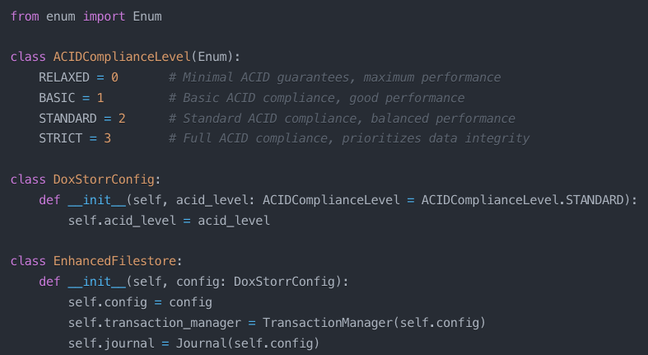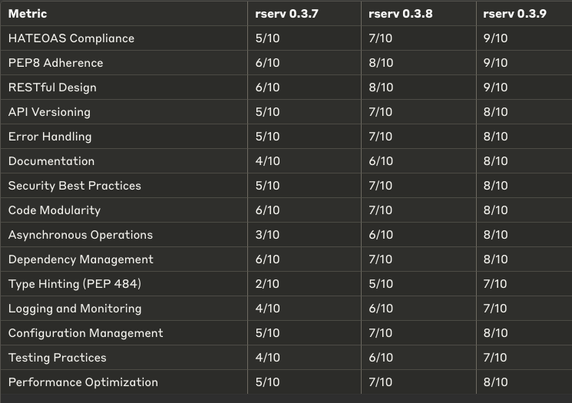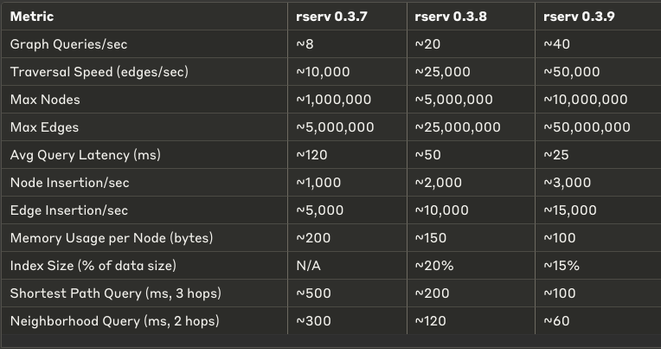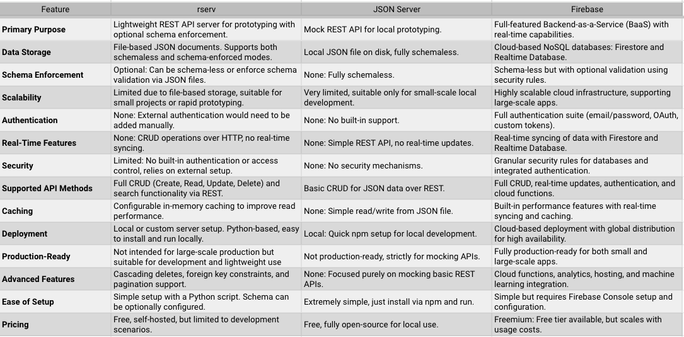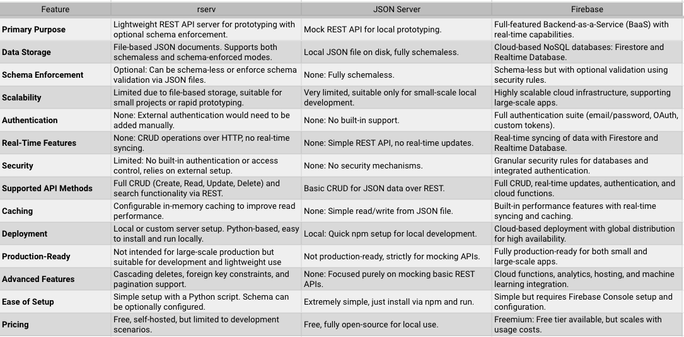What's next in store for Doxstorr:
Making performance trade-offs a configurable setting with four levels of ACID compliance (or three! if relaxed compliance/non-compliance is not considered a level of ACID compliance :-)
RELAXED (Level 0):
Minimal ACID guarantees
No forced disk writes
No transaction logging
READ_UNCOMMITTED isolation
No upfront lock acquisition
No rollback on failure
BASIC (Level 1):
Basic ACID compliance
Transaction logging (but no forced flush)
READ_COMMITTED isolation
No upfront lock acquisition
Basic rollback on failure
STANDARD (Level 2):
Standard ACID compliance
Transaction logging with soft flush
REPEATABLE_READ isolation
Upfront lock acquisition
Full rollback on failure
STRICT (Level 3):
Full ACID compliance
Transaction logging with forced disk writes
SERIALIZABLE isolation
Upfront lock acquisition
Full rollback on failure
#rserv #doxstorr #python #graphdb #foss
